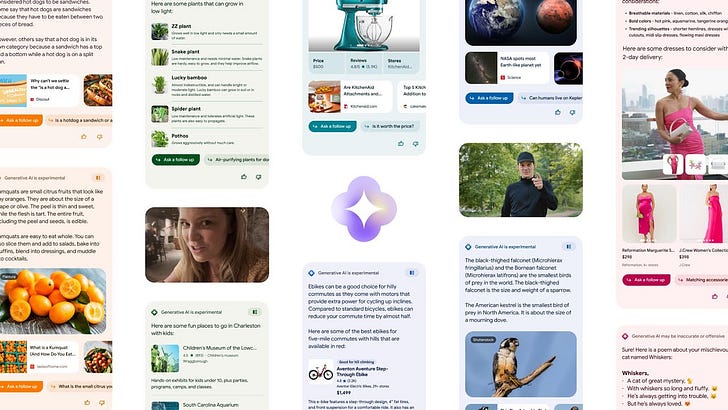
As expected more academic search engines are starting to adopt the near-human Natural language understanding and natural language generation capabilities of Large Language Models. This seems to be done in two main ways. Firstly, it is used to help generate direct answers to questions.









